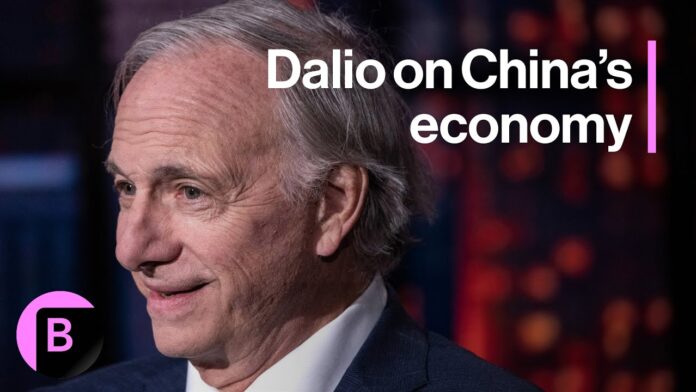Billionaire Ray Dalio highlights China’s economic and social issues, emphasizing restructuring to address high debt, declining markets, demographic challenges, and innovation sustainability, while advocating cautious investment due to uncertainty.
Ray Dalio Highlights Current Challenges in China
Billionaire investor Ray Dalio underscores pressing economic issues in China that demand significant restructuring. As the founder of Bridgewater Associates, he points to high debt levels among local governments, reduced consumer spending, and an overall decline in real estate and stock markets. This, he warns, could lead to financial instability with global repercussions, comparable to Japan’s 1990 economic struggles.
Addressing Demographic and Technological Hurdles
Dalio also notes China’s demographic challenges, such as an aging population and declining birth rates, which threaten social and economic stability. He urges policymakers to address these trends for a sustainable future. Despite these hurdles, China’s ongoing technological innovation presents opportunities, although Dalio questions its sustainability in the current climate. He emphasizes the need for investment diversification amidst economic uncertainty, maintaining a small investment in China for its potential growth.
During a recent interview with Bloomberg TV, Ray Dalio, the prominent investor and founder of Bridgewater Associates, illuminated some of the pressing challenges currently confronting China. Dalio highlighted a series of multifaceted issues that collectively cast a shadow over the country’s economic and geopolitical landscape. Echoing his deep understanding of global macroeconomic trends, he emphasized that these issues are far-reaching and likely to have significant implications.
One of the foremost concerns articulated by Dalio is China’s economic slowdown. For decades, China has posted remarkable growth rates, establishing itself as the world’s factory and a key driver of global economic expansion. However, recent months have seen a deceleration that is unsettling both domestic stakeholders and international observers. Dalio pointed to factors such as decreasing exports, weakening domestic demand, and a fragile real estate market as contributors to this slowdown.
The real estate sector, in particular, has been a source of anxiety. China’s property market has been an engine of economic growth, but it is now burdened by significant debt levels and overcapacity issues. Dalio noted that the heavy reliance on property development for GDP growth is unsustainable and poses systemic risks. The government’s attempts to implement regulatory controls, while necessary, have added layers of complexity to an already precarious situation.
Dalio also drew attention to geopolitical tensions that add another layer of risk. The strained US-China relationship, marked by trade wars, technological rivalry, and strategic competition, creates an uncertain environment for businesses and investors. Such tensions could potentially disrupt supply chains, trade relations, and even technological advancement, further stifling economic growth.
Moreover, Dalio pointed to internal social and political pressures, such as income inequality and demographic shifts. China is facing an aging population and declining birth rates, which pose long-term challenges to its human capital and economic vitality. He also highlighted rising social discontent which, if left unaddressed, could exacerbate internal strife and disrupt social harmony.
Dalio’s analysis underscores that China’s path forward is fraught with significant hurdles. As a seasoned observer of global trends, his perspectives offer valuable insights into the complexities that China must navigate in the coming years.
Source : ‘There Are Real Issues in China Now,’ Ray Dalio Says to Bloomberg TV


